Composers are the ones that bring into the light the gift of music. They write the music and shape it like a potter that moulds his clay into a pot. There have been numerous composers, passionate writers, and inventors throughout the history of classical music.
Debating about the famous classical composers of all time in Western Classical Music may be the most difficult thing in the world because each composer has unique talents and their magical way of writing the simplest C major scale into a cantata. Let’s look at a handful of the most well-known Western Classical Music composers of all time.
1. Wolfgangus Theophilus Mozart
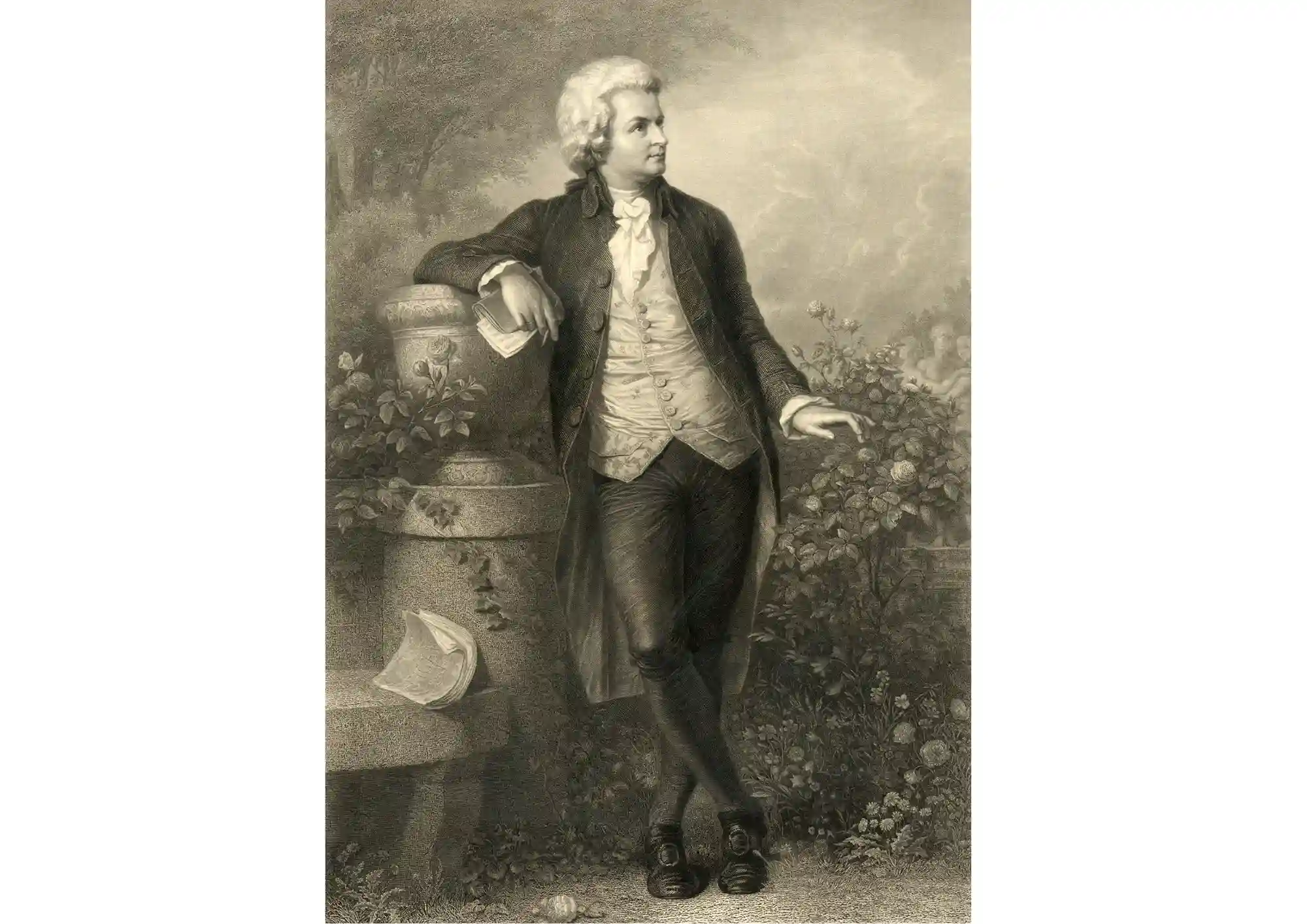
Johannes Chrystostomus Wolfgangus Theophilus Mozart was undoubtedly the most talented classical music composer in classical music history. He was an Austrian composer who though lived a short life, produced more than 800 works in almost every music genre of his time as a result of his prolific compositional pace.
What is he famous for?
He worked tirelessly to become not only the outstanding composer that he was, but also a conductor, brilliant pianist, organist, and violinist. A staggering amount of unforgettable masterpieces can be found in Mozart’s music, which includes opera like Don giovanni, symphony, concerto, chamber, choral, instrumental, and vocal music.
In my view Mozart’s music had an emphasis on beauty, elegance, and balance. There were contrasts within a piece, contrasting moods. He used simple diatonic harmonies. These parts were like question and answer phrases. That is, the initial piece of melody is written as posing a question and the later melody written as if it answered that question. They were all well balanced and usually short.
Rondo Alla Turca (Turkish march) must be the most heard piece of Mozart.
In addition, Mozart has written brilliant opera arias and this one will always be my favourite- Die Zauberflote – Ach, ich fuhl’s
2. Franz Joseph Haydn
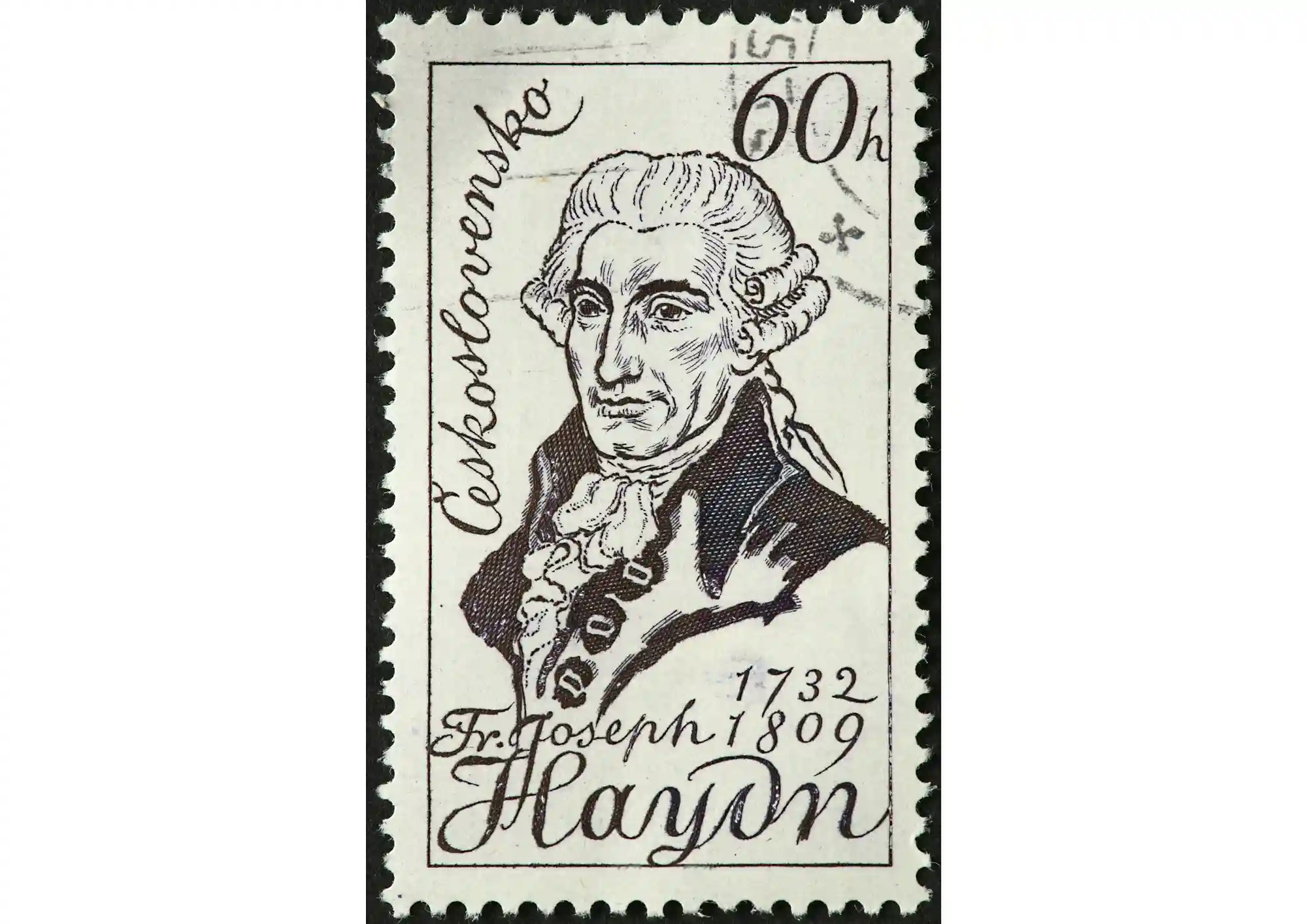
Franz Joseph Haydn (1732–1809) is one of the prominent music composers of Western Classical Music. Haydn was an Austrian composer who started his career as a singer in a choir then wrote 107 symphonies in total, as well as string quartets, piano sonatas, piano trios, masses and operas.
Did you know?
He is known as the “Father of the Symphony” and “Father of the String Quartet”
Notable characteristic of Haydn’s music was bigger compositions made of very short, straightforward musical phrases based on a theme. This later came to be known as Sonata Form.
I have been exposed to a lot of Haydn’s opera compositions. One of the easy to listen to classical composers for beginners is The Creation, an oratorio (a large music composition) written and composed by Haydn and I consider it to be one of his masterpieces. It speaks and celebrates the creation of the world as narrated in the Book of Genesis. Here is a piece of Chorale from the Oratorio.
3. Johann Sebastian Bach
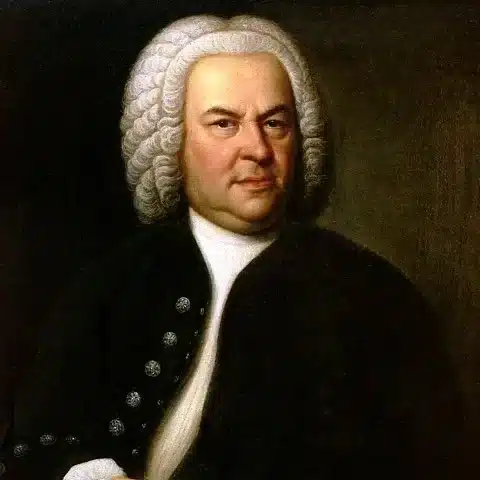
Bach was a German Composer, Violist, Violinist, Organist and a Harpsichordist most prominent in the Baroque era. (1685-1750). Did you know that Bach had walked two hundred and thirteen miles to watch an Organist he adored and appreciated and the same amount of distance back home? Truly passionate I’d say. Bach wrote monumental works in every significant Baroque genre—with the notable exception of opera—including sonatas, concertos, suites, and cantatas, as well as countless keyboard, organ, and choral compositions.
Fun Fact
” Do not cry for me, for I go where music is born”
Bach’s one such classical western music composers who helped me gather my thoughts and concentrate when I had difficulties studying during my college days.
His most heard work is the Cantata BWV 147
Sounds familiar doesn’t it? Let me add my most favourite piece of his work. Wär Gott nicht mit uns diese Zeit, BWV 14: II. Aria. Unsre Stärke heißt zu schwach (Soprano) I have admired the runs and progression of the emotions in this piece. I must draw attention to the orchestral arrangements, particularly the horn parts.
4. Antonio Lucio Vivaldi
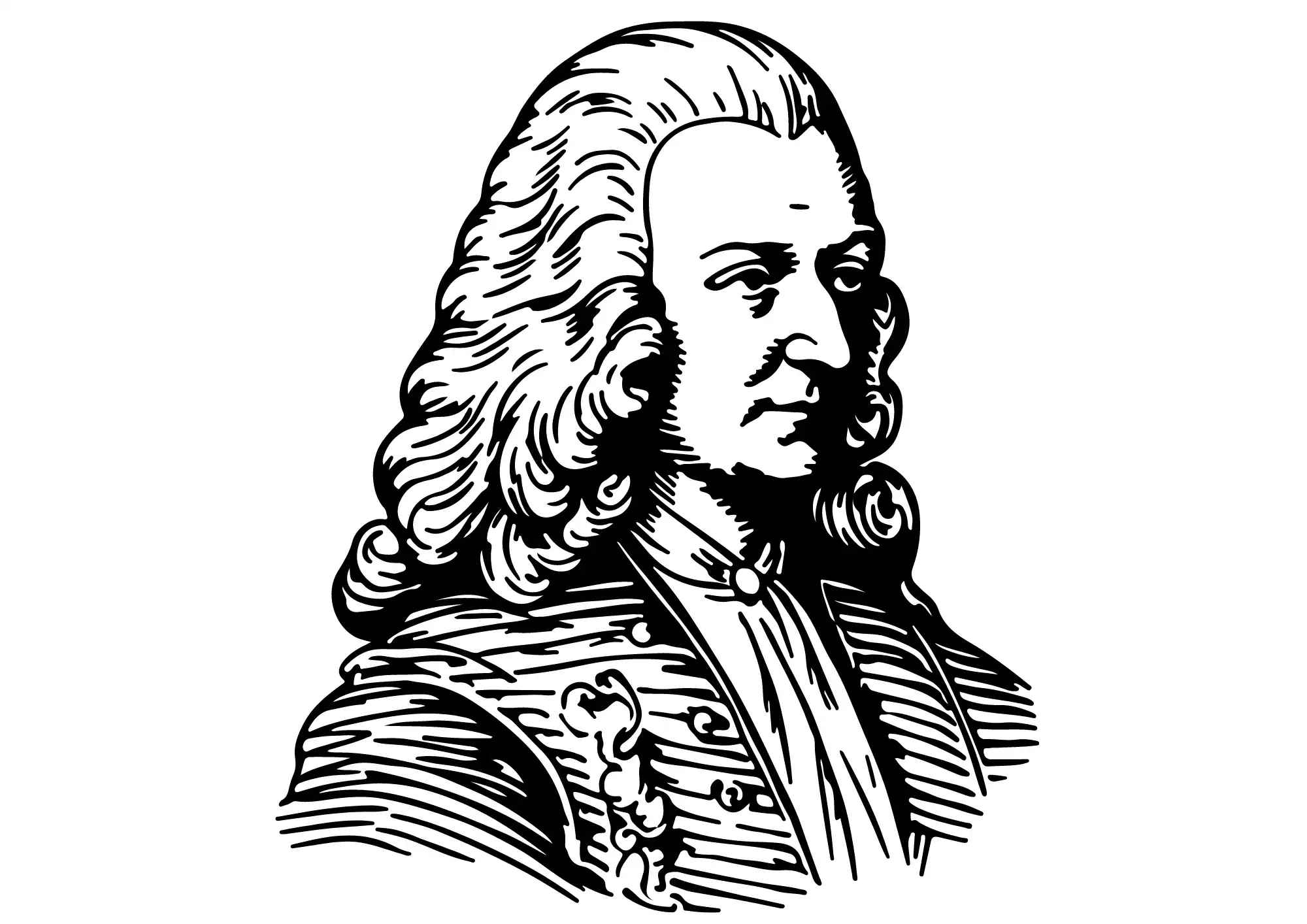
Vivaldi was an Italian composer and a Violinist who made a significant contribution to the style of late Baroque instrumental music as well as the concerto form. This classical western music composer has composed Almost 500 concertos. More than 300 are concertos for a solo instrument with string orchestra and continuo.
The interesting element in Vivaldi’s work would be the three-movement sections. That is, fast-slow-fast structure. It is said that Vivaldi was the first to frequently use the ritornello form (a short instrumental interlude in a vocal section) in his arrangement, in which repetitions of few parts that feature a solo instrument.
The fast movements in his orchestrations are notable for their rhythmic feature and the colour of their themes, whereas the slow movements shows us the character of arias written for the solo instrument including voice.
It is always very delightful to listen to his work, especially to learn very many musical concepts. Vivaldi is much appreciated for his composition of Four Season but I think Gloria by Antonio Vivaldi is by far kept so close to my heart. Gloria by Vivaldi is a multi-movement setting of “Gloria in Excelsis Deo” a significant Latin Mass passage. I have attached this concerto, listen to it and cherish it as I do every time I listen or sing it.
5. Ludwig van Beethoven
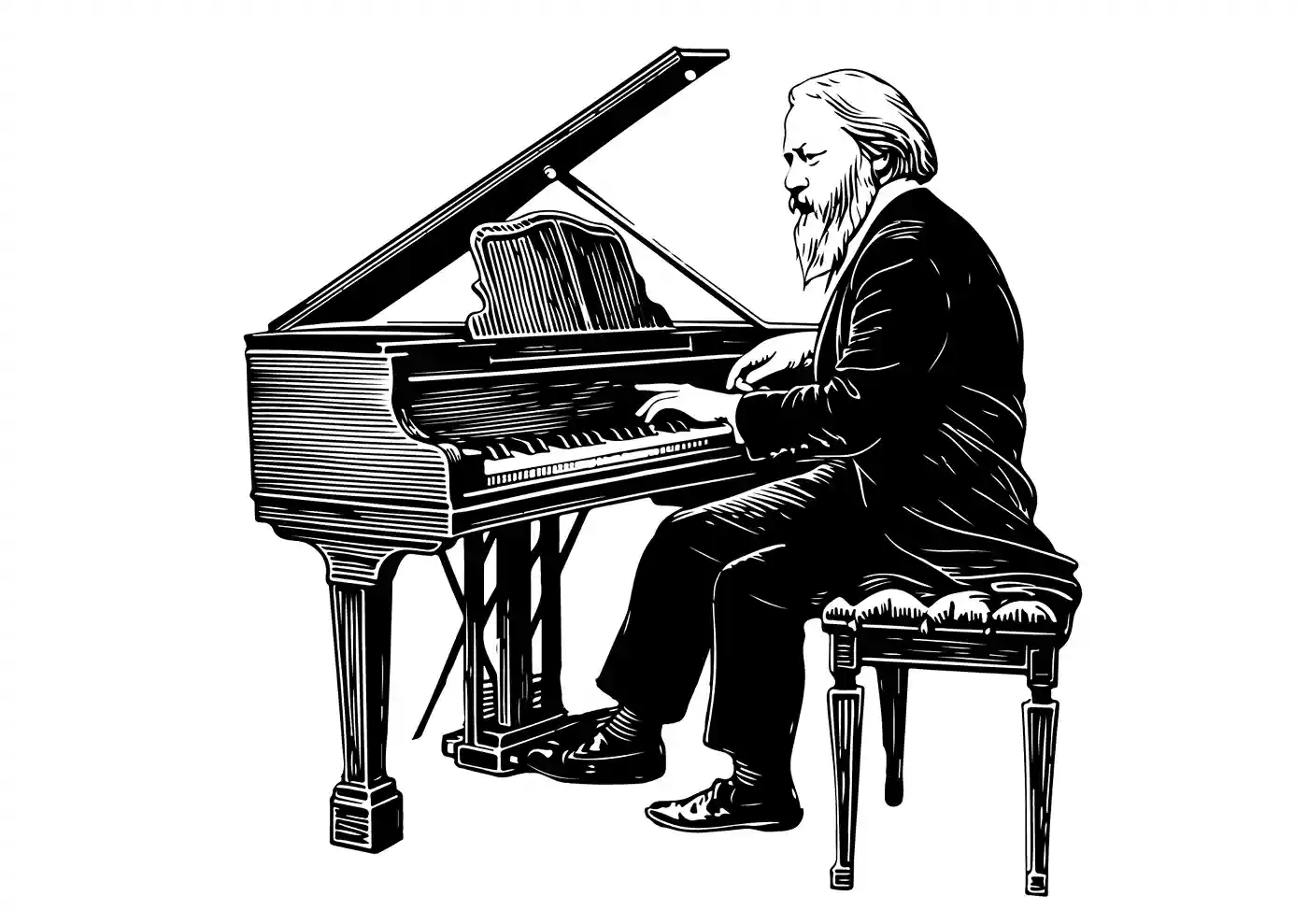
Ludwig van Beethoven is regarded as the greatest composer to have ever lived. He is said to be dominating a period of musical history unlike any other before or since.
Beethoven was a German Composer and a brilliant pianist. His compositions, which cover the transition from the Classical to the Romantic era in classical music, are among the most frequently played pieces in the genre. Beethoven wrote, “But only Art held back; for, ah, it seemed unthinkable for me to leave the world forever before I had produced all that I felt called upon to produce.…” before he went deaf.
His Moonlight Sonata is truly a masterpiece. It made me fall in love with Classical Music. The sonata consists of 3 movements,
- Adagio Sostenuto(a tempo marking, indicating that music is to be played slowly)
- Allegretto (to be played fairly quickly or briskly)
- Presto Agitato (to be played in a hurried manner)
‘Fur Elise’ is yet another most heard sonata of Beethoven.
6. Frederic Chopin
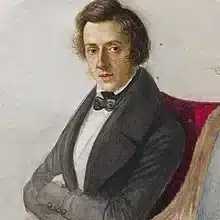
Frederic Chopin (1810-1849) was a Polish composer and a virtuoso pianist He is considered to be one of the great masters of Romantic music. He was able to compose music that is intimately connected to the instrument for which it was intended and that cannot be imagined away from it because he understood the piano’s fundamental nature as an expressive instrument like no one had before him. Imagine the height of understanding he must have had about music and his instrument. Goosebumps!
Chopin is popular for solo piano pieces. I am sharing with you the one I had most connected with.
Chopin – Etude Op. 25 No. 11 (Winter Wind) Just imagine a blistering, intense winter wind screaming past you as you listen to this piece. Such incredible storytelling in both Chopin’s compositions.
7. Franz Schubert
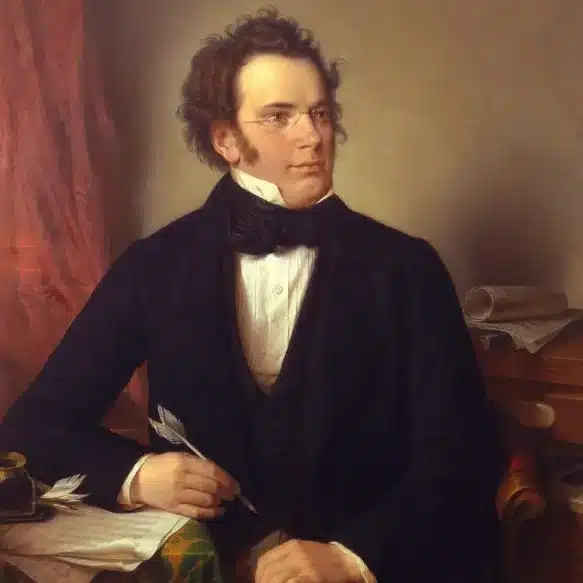
Franz Schubert (1797–1828) was an Austrian romantic composer of the late Classical and early Romantic era. Despite passing away at the young age of 31, wrote and composed over 600 lieder (German songs for solo voice with piano accompaniment) and 9 symphonies.
An interesting element of Schubert’s compositions should be that the accompaniment he’s written imitates the text, speeding up and slowing down in response to the lyrics. Did you know that he was famous for his musical parties known as ‘Schubertiads’ where he invited over his friends and fans to show his latest songs?.
Schubert’s Ave Maria should be most heard of. Fun fact about- the text was written from a poem called “Lady of the Lake”. My personal favourite remains Nachtstück by Schubert.
8. Johannes Brahms
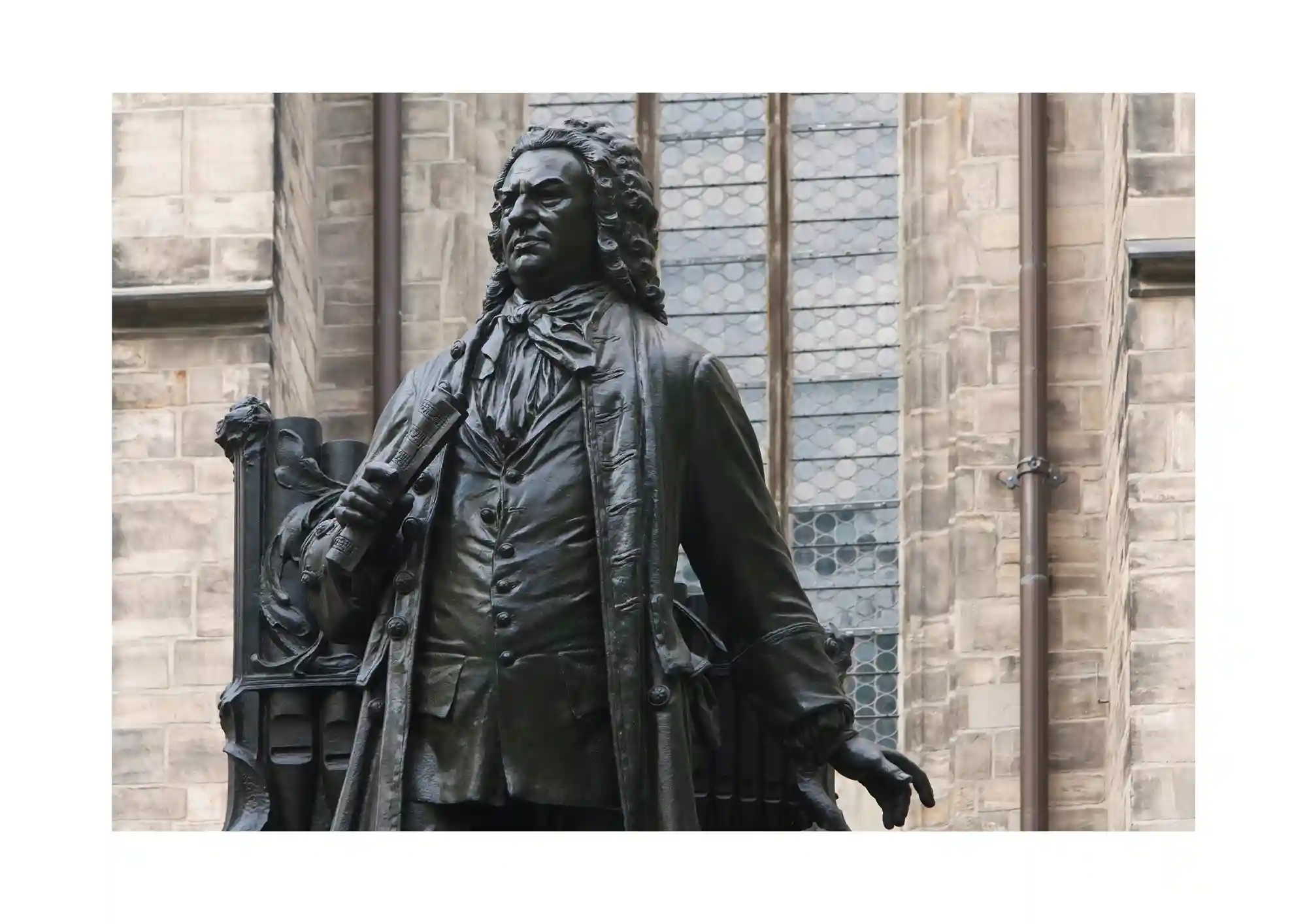
Composer and pianist Johannes Brahms (1833–1917) is regarded as a great romantic period composer. German Requiem and the Academic Festival Overture are two of his best-known works.
Brahmans associated with other great composers like Joseph Joachim, Robert Schumann and Hungarian Violinist Ede Reményi whose introduction to gypsy music made Brahmans lifelong fascination with the irregular rhythms, triplet figures and use of rubato(temporarily disregarding strict tempo) in his compositions.
Brahms composed for symphony orchestra, chamber ensembles, piano, organ and voice. Brahms was a prodigy in almost all classical music genres. He created chamber music, four outstanding symphonies, and some very outstanding piano pieces.
The third movement of the Symphony No.3 by Brahms. One of Brahms’ most pleasant melodies, gentle, mournful, and soaked in tragedy, is heard in this section.
9. Felix Mendelssohn
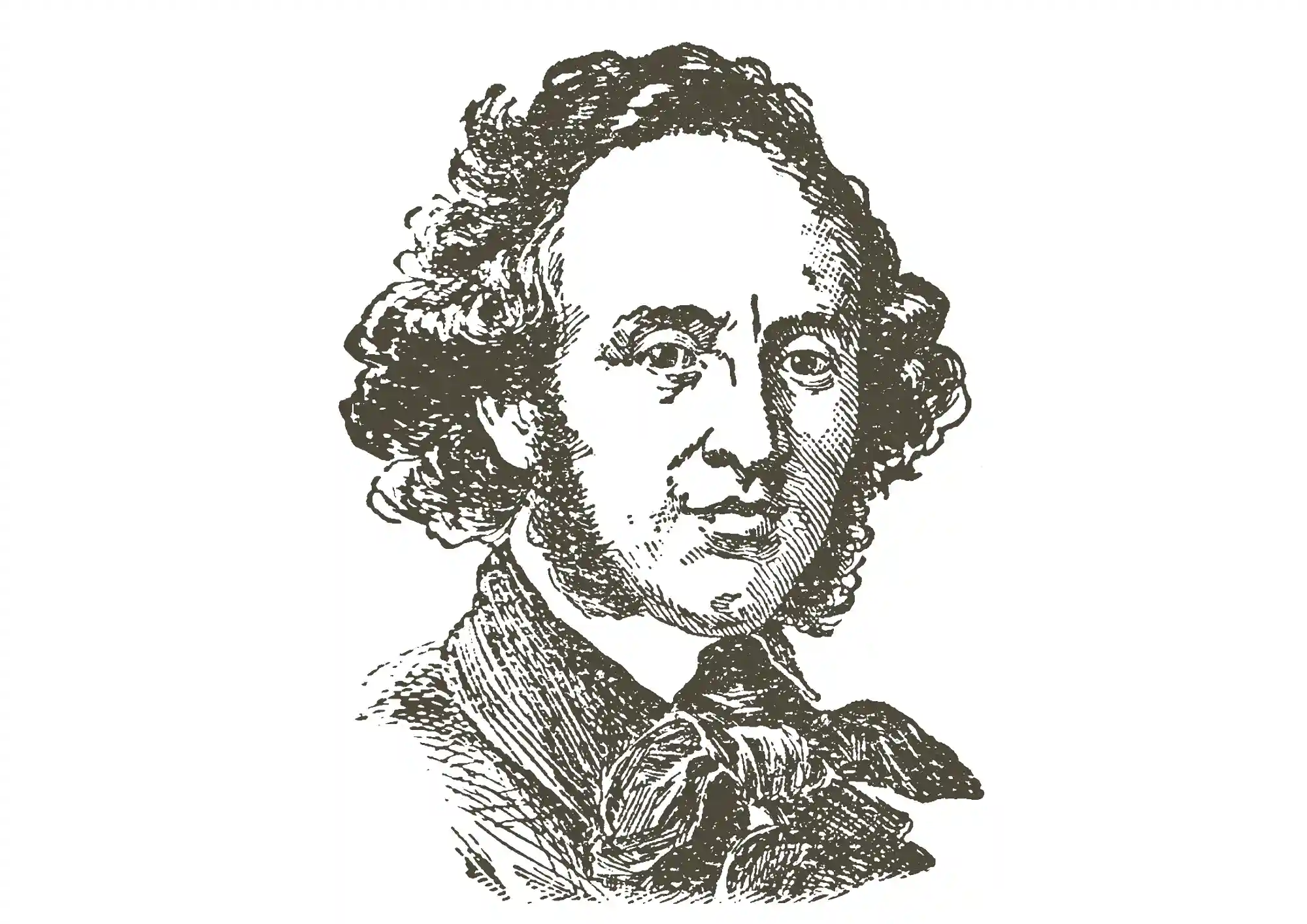
Did you know that his Wedding March is heard as brides walk down the aisle all over the world? Mendelssohn was referred to as “the most amiable man” and “the greatest musical genius since Mozart” by Queen Victoria. Jakob Ludwig Felix Mendelssohn-Bartholdy, (1809-1847) was German composer, pianist, conductor, and a tutor.
This Elijah Oratorio is also the finest piece of human musical expression that my ears have ever taken in. Elijah by Felix Mendelssohn, which is arguably his most movable and accepting composition, paints a realistic picture of the prophet’s hard life through thrilling musical storytelling, superb arias, and lively choruses.
10. Claude Debussy
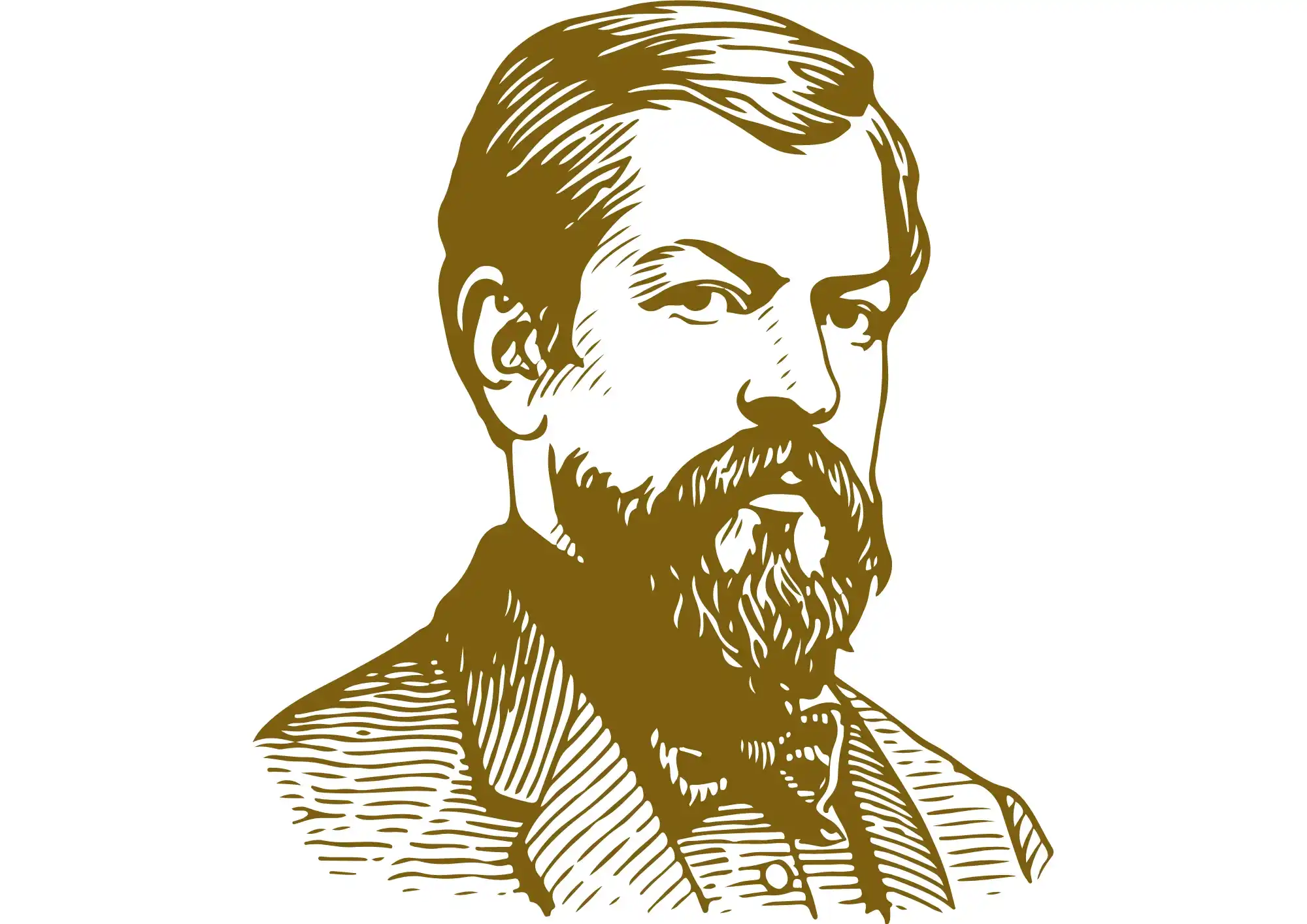
French composer Claude Debussy (1862–1918) is best known for his piano and orchestral compositions. Debussy turned out to be an innovative thinker.
His interesting and unusual way of using instruments and artistic use of sound instead of melodies broke the rules of tradition and introduced the avant-garde(new) music of modernism in the 20th century. He was known as the “Impressionist musician”
Debussy’s ‘Clair de lune’ is such a beautiful piece. Its flow is unlike any other composition. I felt like a strange melancholy brought about by nostalgia when I first listened to it years ago. Debussy had used short sound waves to create an effect in his listeners.

Melodies that are heard of are sweet, but the melodies that are unheard of are sweeter!
Final thoughts
While I have tried to identify ten popular western classical music composers who withstood the test of time, it may be worthwhile to note Richard Wagner, Georg Strauss and Giuseppe Verdi are also noteworthy to be added this elite list.
FAQs
Who are the most famous classical composers of all time?
Most famous classical composers of all time: Mozart, Bach, Haydn, Vivaldi, Chopin, Beethoven.
What are some easy-to-listen-to classical composers for beginners?
Some easy-to-listen-to pieces are
- Clair de Lune
- Ave Maria
- Canon in D by Johann Pachelbel
- Für Elise
- Seven By Chopin Include Funeral March
- Eine kleine Nachtmusik
- Ode to Joy
- Prelude in C major
- The Blue Danube
How can I learn more about different classical music periods?
You can start by reading the different classical music periods mentioned above in the blog.
What are some lesser-known composers worth discovering?
Mendelssohn, Brahms, Schubert and Debussy are few of the lesser-known composers worth discovering.
Are there resources for listening to classical music by specific composers?
Youtube would be the place to listen to classical music by specific composers.
































